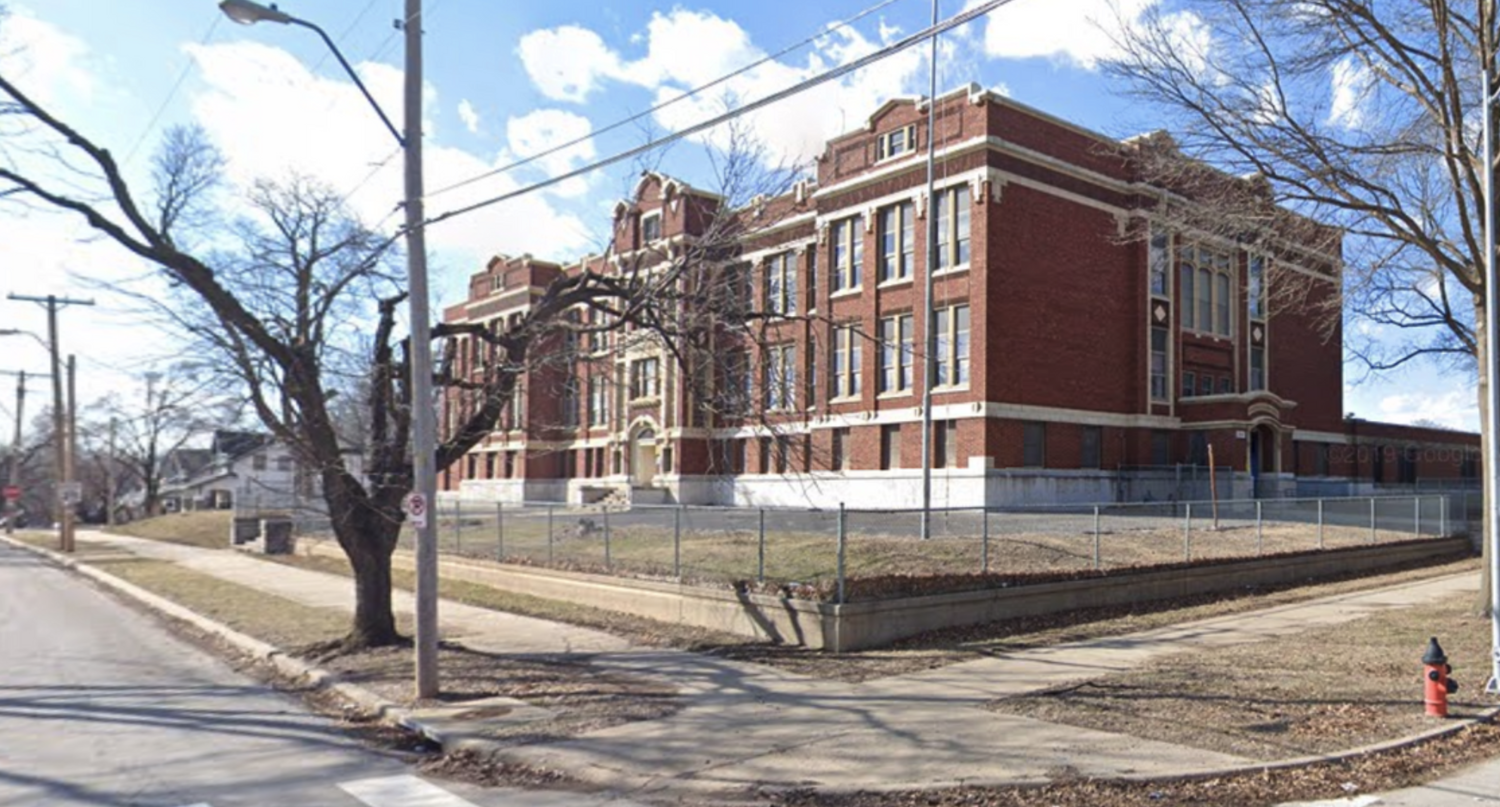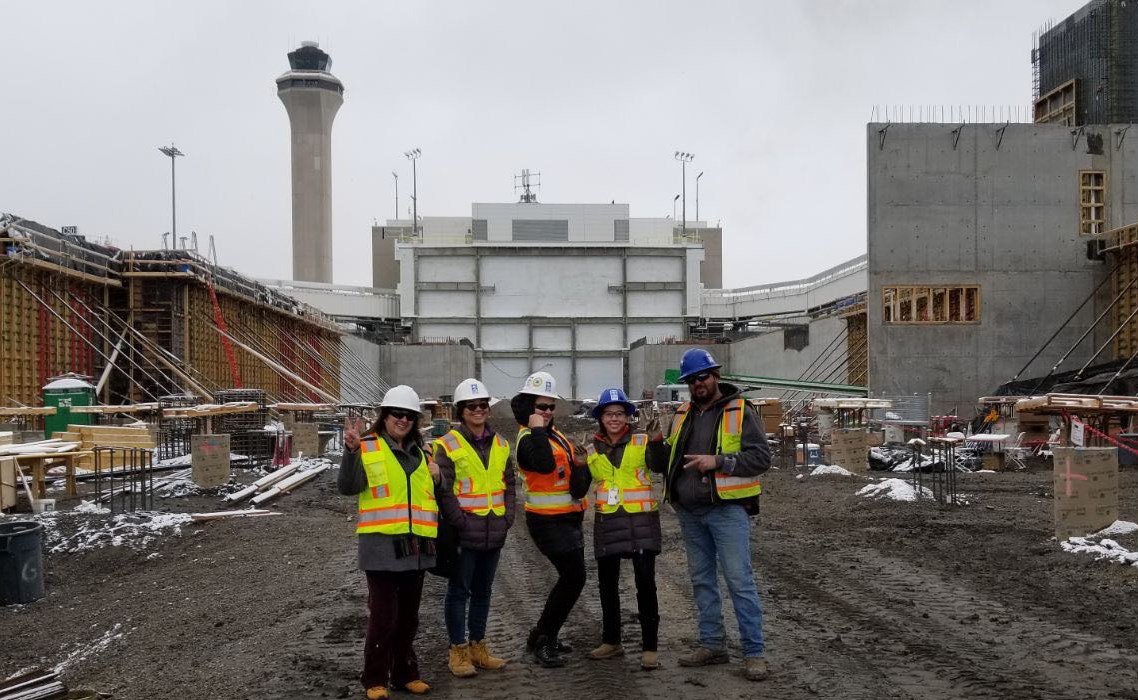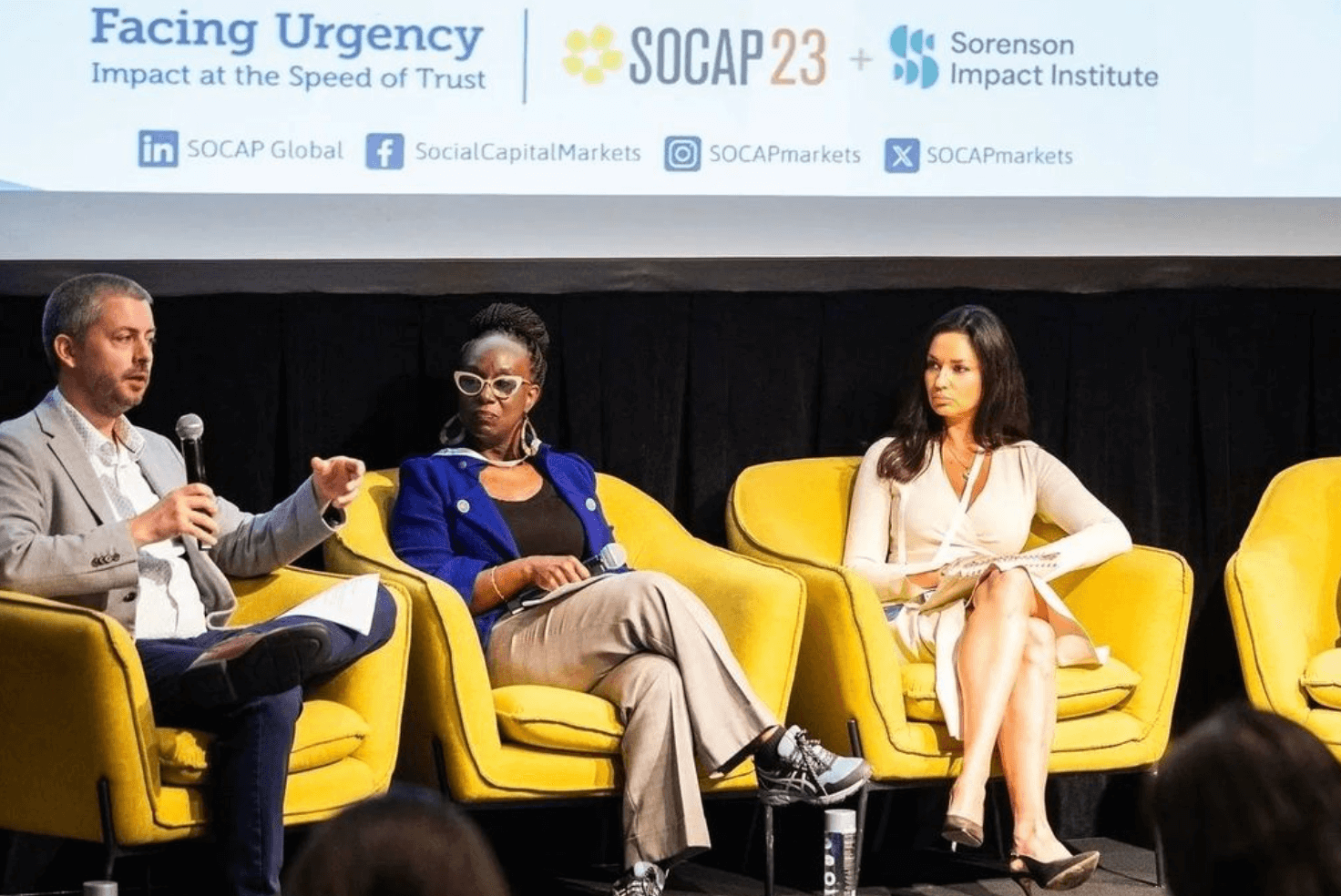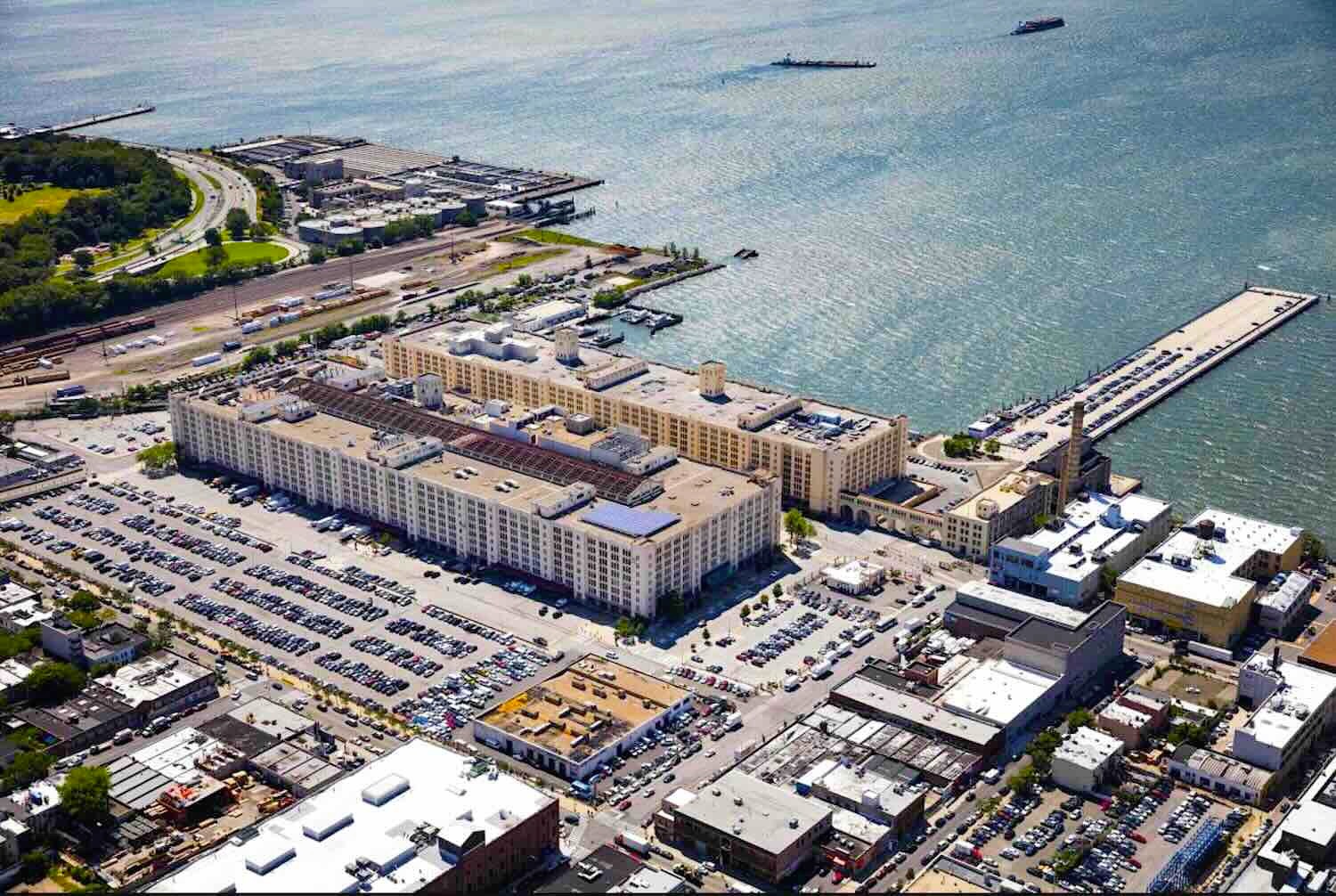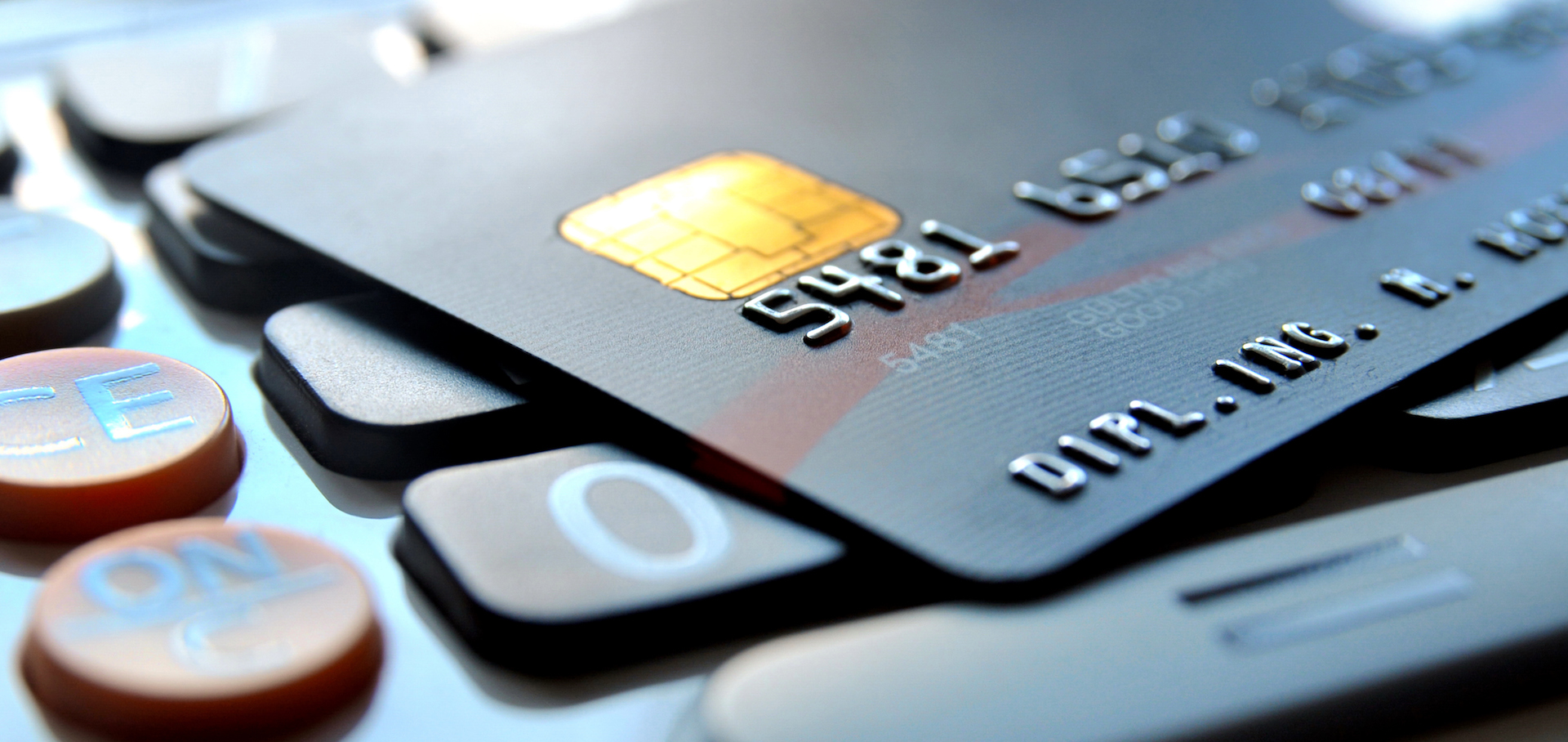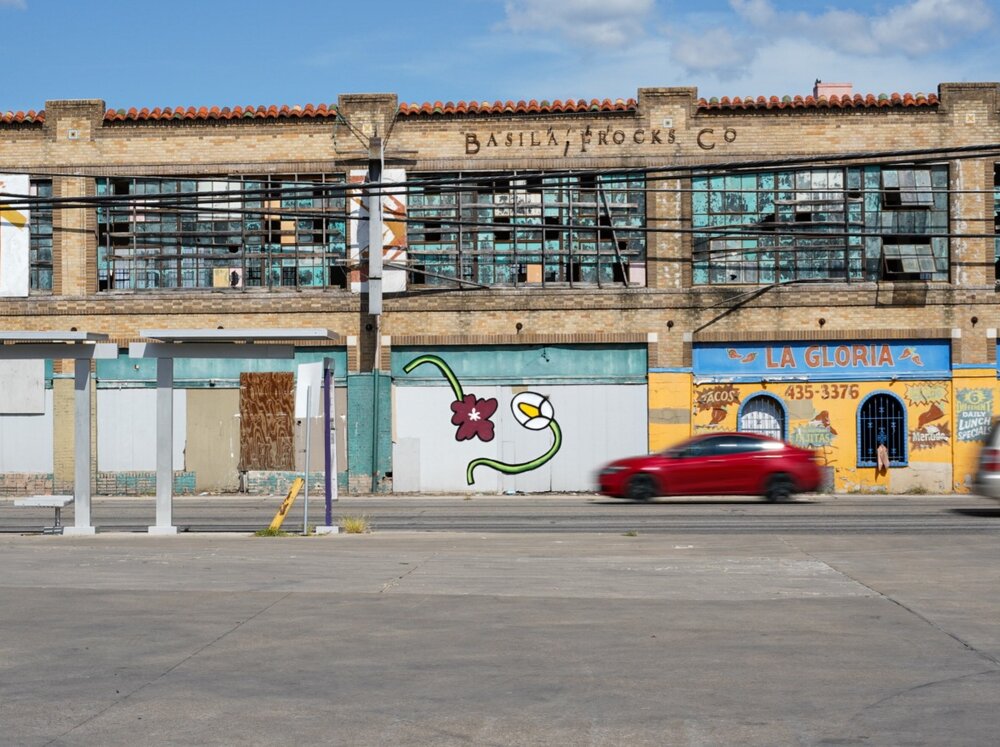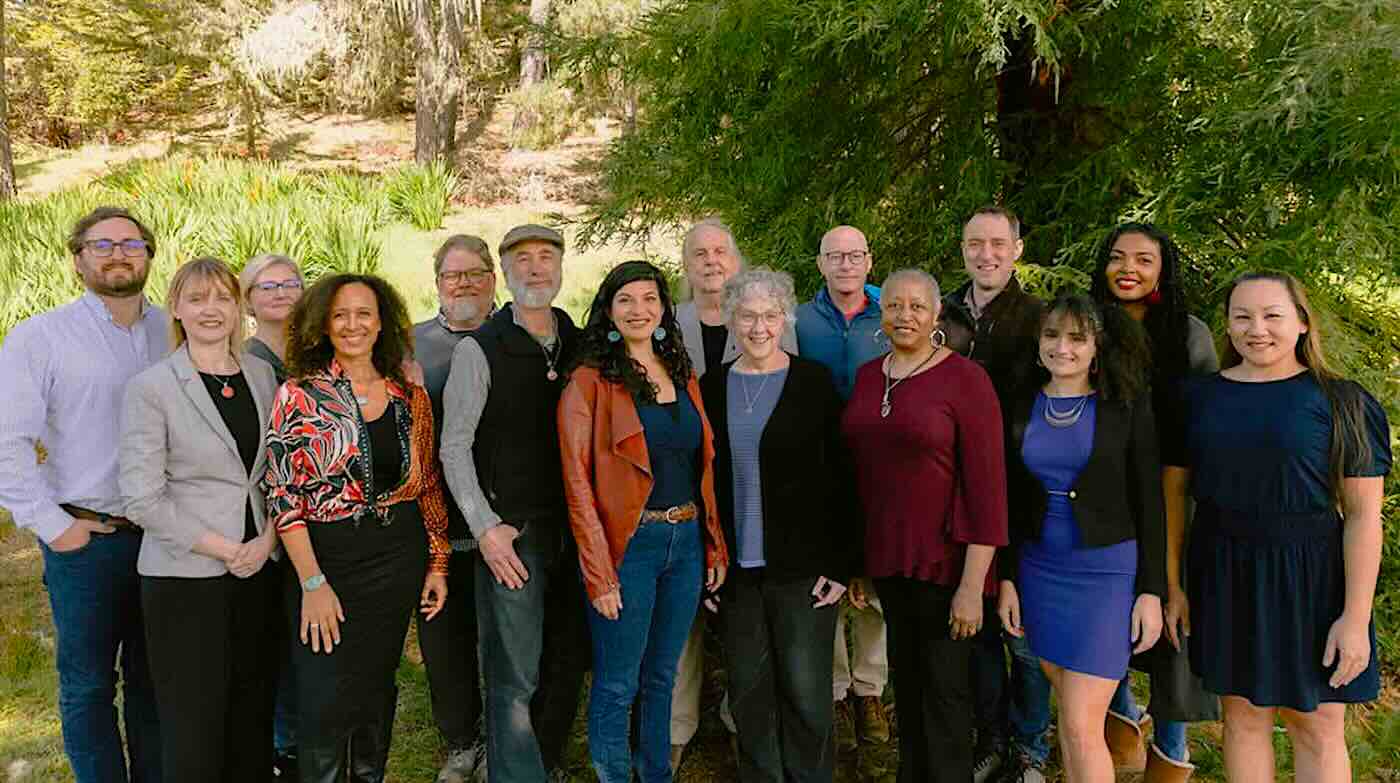ImpactAlpha, July 25 — In Kansas City, Mo., Troost Ave. divides the predominantly Black eastside from whiter and more affluent neighborhoods to the west.
To overcome the eastside’s legacy of redlining, exclusionary zoning and blockbusting, two large mixed-use commercial real estate developments are pioneering a novel model for community ownership. The project’s backers plan to eventually transfer majority ownership of the projects to local residents.
“Ultimately, we’d like the community to own an overwhelming majority of the assets,” says Ajia Morris, a local real estate developer and co-founder of LocalCode Kansas City. “I can’t think of very many ways or times and opportunities that people from communities like mine have had an opportunity to invest in such large-scale projects.”
LocalCode’s structure for community ownership is part of a new set of models that are using ownership of residential and commercial properties to foster wealth creation and counter dislocation for communities that have often been ill-served by real estate development. In North Carolina, Partners in Equity is helping primarily Black business owners buy the commercial properties in which they operate. In Chicago and Baltimore, Chicago Trend co-invests with local residents to acquire and redevelop blighted neighborhood shopping centers in majority-Black neighborhoods.
Washington, DC-based Blackstar Stability buys predatory contract-for-deed home loans and helps homeowners transition to more stable, traditional mortgages.
“True wealth is created by owning assets that generate revenue and appreciate over time,” Chicago Trend’s Lyneir Richardson said at a roundtable at the Aspen Institute in Washington, DC, last week (see, “Chicago TREND raises $10 million to create real estate ownership for Black residents”). “If we really want to close the racial wealth gap, we’ve got to focus on commercial real estate.”
Direct public offering
In Kansas City, LocalCode is acquiring the historic Ladd School in the city’s Oak Park neighborhood and a 2½-block site along a major transit corridor, which once completed, will provide affordable and workforce housing, transit-oriented retail, restaurants, co-working spaces, health and wellness centers, and event spaces, primarily for local residents on Kansas City’s east side. The total cost of the two projects stands at $175 million.
Through a direct public offering, or DPO, east Kansas City residents will be able to invest as little as $100 per month in the projects. The DPO is expected to launch five to seven years after the projects are completed, when expenses and cash flows have stabilized and tax credits have matured. Within a decade after construction local investors could own more than 80% of the assets.
LocalCode is layering capital for the $27 million Ladd Project, an old school building that has been vacant for over 13 years. Roughly half the financing will come from public entitlements, such as New Market and Historic tax credits. The other half will be a combination of equity, debt and convertible debt from LocalCode and its limited partners. Those impact investments will be capped at a 6% annual return on investment.
Morris and her local partner Myeisha Wright, both local developers, are raising philanthropic funding that will stand in as “patient capital” to give community members time to get comfortable with the terms and mobilize local capital. The Ladd project is about $4.5 million away from closing, Morris says, while the project at 31st and Prospect needs about $12 million for entitlements and pre-development work.
“Our investors and ourselves take on the brunt of the risk,” Morris says. “And once it’s been stabilized, that’s when we invited my neighbors to invest in the project.”
Local buy-in
LocalCode co-founder Jeff Mendelsohn, who founded New Leaf Paper, a sustainable paper brand, had spent years doing research around different ownership models. LocalCode is looking to replicate the Kansas City model in other communities that have suffered historical disinvestment, exclusion and extraction. Mendelsohn launched LocalCode in January 2020 as a national nonprofit to provide development and financing tools and other resources to local for-profit developers.
Mendelsohn met Morris at the Aspen Institute in Washington, DC, where they shared ideas around ownership and governance. Morris had real estate experience, having launched The Greenline Initiative with her husband Christopher Morris. The social impact investment fund renovates blighted homes in historically redlined neighborhoods, including Kansas City’s east side, and sells them to low-income, underbanked local residents.
The Greenline Initiative “staves off gentrification and helps people secure their futures. LocalCode is no different,” Morris said. Community members who invest receive dividends based on rental income and upkeep as mandated by a tenants committee that neighbors are invited to participate in.
Once the project is stabilized, LocalCode will convert its project loans into equity in the projects and grant a majority of that ownership to a local nonprofit affiliate, as well as helping to buy out initial investors and similarly granting the equity to the nonprofit. Individual local residents will be able to buy into the project through the Direct Public Offering.
Morris said the prospect of local ownership will give local resident incentives to shop, and set up shop, in the new developments.
“You’re going to get to control who comes in and occupies your retail spaces,” she says. “Just changing the narrative around ownership of your home, ownership of your neighborhood and community, I think, is going to be invaluable in the work that is to come.”
Mortgage stability
Blackstar Stability is looking to raise a $100 million distressed debt fund to buy and restructure contract-for-deed loans and other distressed mortgages on homes facing foreclosure, helping low-income and minority families gain more control over the ownership of their homes. The impact debt fund will hold the mortgages for up to 18 months, after which it will sell them to the investors.
“We’re focused on expanding the equitable ownership of affordable single-family homes,” Blackstar’s John Green said at the Aspen Institute last week.
An SEC filing from January this year shows the fund has received $72 million in commitments from limited partners since it launched in 2021. Investors in the fund include the Robert Wood Johnson Foundation, World Education Services, Deutsche Bank and Living Cities through its Blended Catalyst Fund.
Blackstar is aiming to reach close to 10,000 homeowners in the next five years, and transfer over $125 million in home equity to low-income and minority households. The fund is hoping to help families reduce $45 million in mortgage debt and save more than $150 million in interest payments over the life of their loans.

